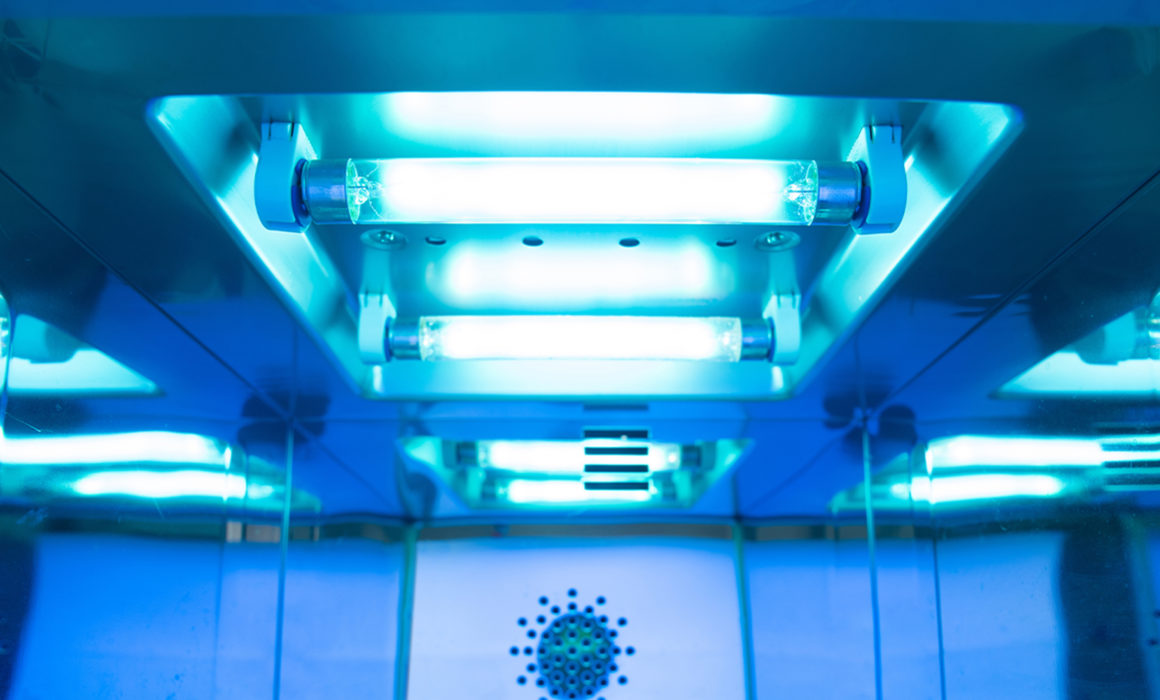We’ve taken solace knowing it’s more difficult to become infected with COVID outdoors. But interactions with others indoors is a constant source of angst for many.
An international team of researchers that includes Technion Professor Ido Kaminer has found that ultraviolet light can reduce the chances of transmitting the coronavirus indoors — key for our return to conventional activities such as working at the office, going to school, and even going to the movies. Moreover, the solution is fast, scalable, and affordable.
Studies have shown that the virus primarily spreads through the air in droplets when an infected person coughs, sneezes, or speaks. These droplets disperse more rapidly into the space around us when we are outside. Distance and ventilation are key, making indoor spaces inherently more risky, especially where it’s trickier to keep people apart. Some have suggested installing filters and virus-killing chemicals into ventilation systems, but those solutions can be costly and harmful to the environment.
After researching fluorescent lamps, LEDs and other available sources of ultraviolet (UV) light, the team found that applying UV light on the inside of ventilation systems in buildings and shared indoor spaces when not in use can quickly and effectively deactivate airborne and surface-deposited viruses. Moreover, the cost is reasonable. A capital investment of a few billion dollars could protect more than a billion indoor workers worldwide.

